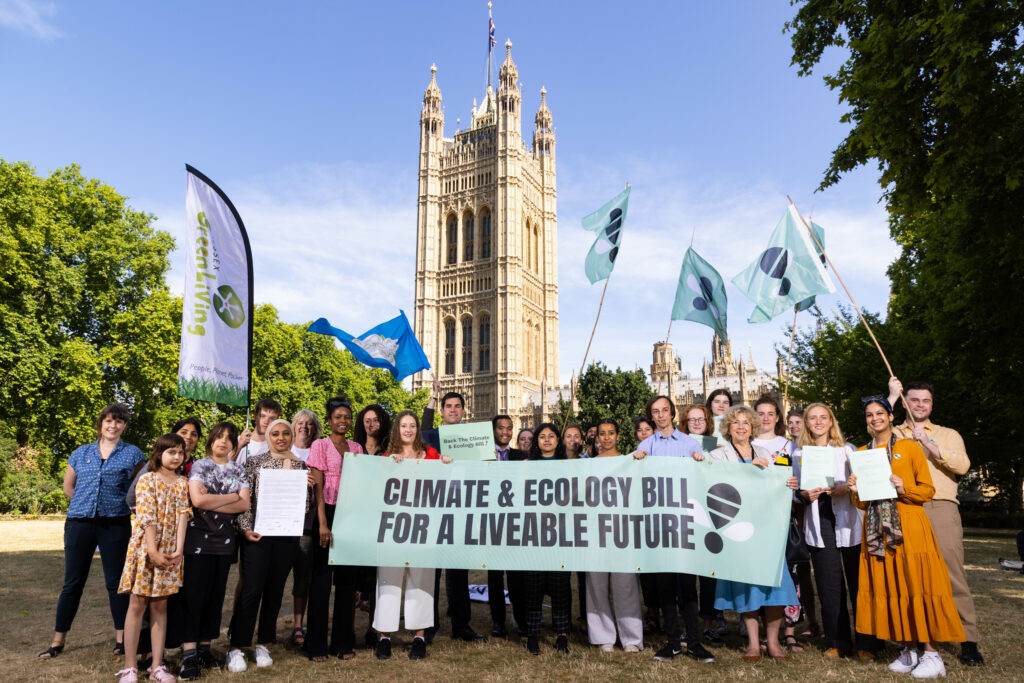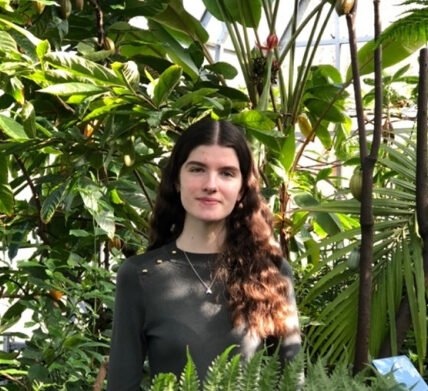When you think of climate activism, one name in particular comes to mind: Greta Thunberg. At the age of 17, she began a ‘school strike’ outside the Swedish parliament, an action which led to over a year out of school, a boat ride across the Atlantic Ocean – and importantly – a whole lot of media attention on the climate crisis.
In a time where our headlines are plagued by worsening temperatures, extreme weather events, and the devastating loss of nature threatening the functioning of the biosphere, climate and nature campaigning has become increasingly popular. United by a collective desire to prevent the worst outcomes of climate change and precipitous biodiversity loss, millions of people worldwide have begun to take action.
Some of the loudest voices in this fight for our planet are young people. Whether it be Greta Thunberg, Mya Rose-Craig, Tori Tsui, Ati Viviam Villafaña or Dominique Palmer, when you google ‘climate activists’, it’s young people that come up. 18 million young people are estimated to have taken part in the Fridays for Future movement, walking out from school to demand climate action around the world. We make up a huge proportion of climate and nature activism globally, and provide a vital backbone to hundreds of campaigns fighting for a better future.
But this action is often chalked down to us ‘just being young’. People say that we’re too passionate; in your youth you naturally hate the world you live in – even worse, you’re naïve enough to think you can change things.

But we have been driven to this thinking precisely because we’ve inherited a broken world. One where I worry whether my peers in other countries will have to flee their homes before they reach retirement age because these areas have become unliveable. One where I’m saving up to travel to rainforests and glaciers and coral reefs as soon as possible because I’m scared that they won’t be there by the time I’ve grown up. Young people like me are terrified and heartbroken at what the future might hold for our beloved planet, and are desperate to fight to avert the worst.
But we’re also hopeful. Because whilst you might call it naïve optimism, we’re still able to dream of a better future. Maybe we are not simply an innate part of environmental action, but are vital to create the change required because we can still think of what a better world could look like. Perhaps we need young people’s ideas, and creativity, and hope to do what older generations have not yet been able to do. Perhaps our voice is the key to forging a society in which we live in harmony with the planet and the future is safeguarded for those yet to come.
You might call youth activists like myself radicals, but that’s exactly what we need. Radical change transforming current practices to a better way of living to avert imminent disaster and mitigate climate change and biodiversity loss before it’s too late. So I ask that you listen to young people, embrace our energy and ideas, because they just might provide what’s needed for change. And because we’re not walking away from this fight anytime soon – we, more than anyone, have so much to lose, and so much to fight for.


